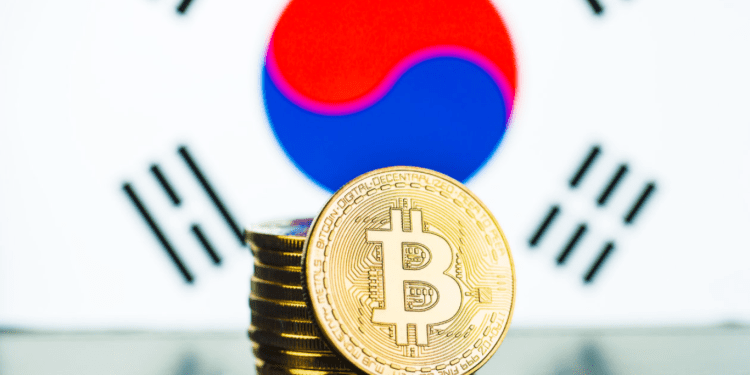- South Korea ramps up monitoring of non-approved cryptocurrency trades.
- Key financial regulators recently discussed potential criminal activities in the crypto sector.
- OTC crypto transactions remain a prime focus due to their expansive and unchecked nature.
Unofficial cryptocurrency transactions in South Korea, especially those through over-the-counter (OTC) platforms, are under heightened surveillance by the country’s regulatory bodies. The surge in observation arises from concerns about these platforms potentially being used for illicit activities.
Recent news indicates that prominent regulatory leaders like deputy chief prosecutor Ki No-Seong and Park Min-woo of the Financial Services Commission (FSC) took part in a dialogue titled “Criminal Legal Issues Related to Virtual Assets.” This meeting threw light on the OTC cryptocurrency market, which has largely eluded official regulation. Ki No-Seong underscored the need for establishing rules, citing potential risks like money laundering.
Translated statements from Seong suggest that some unauthorized cryptocurrency OTC businesses, backed by foreign entities, play a role in converting illegally procured digital assets into Korean won or other global currencies. He emphasized the importance of recognizing these activities as undisclosed digital asset trades.
For clarification, the OTC crypto market encompasses digital currency exchanges that lack formal approval from the government. Such transactions include any dealings outside recognized platforms, such as peer-to-peer exchanges. Official records indicate that Upbit, known as a chief approved crypto exchange in South Korea, supports around 172 digital currencies. However, OTC platforms can offer up to 700 different cryptocurrencies.
Evidence has emerged about OTC platforms facilitating the conversion of digital assets into real Korean currency. A standout incident involves the International Crimes Investigation Department of the Incheon District Prosecutors’ Office. They arrested three people for unauthorized foreign currency dealings from October 2021 to October 2022.
According to investigations, the trio purchased digital currencies valued at $70.9 million (94 billion won) from global OTC sources for Libyan clients. These assets were then transferred to Korea and exchanged for actual money. The Korea Customs Service also evaluated that the overall worth of illegal currency operations using digital assets hit an astonishing $4 billion (5.6 trillion won) last year.
Traditionally, South Korea is known for its stringent oversight of the cryptocurrency industry. Following recent financial challenges, like the Terra-Luna crisis, the country’s overseers seem more intent than ever on curbing digital currency-related transgressions.
South Korea Balances Crypto Growth, Regulation
South Korea’s journey in the cryptocurrency landscape continues to be multifaceted. As a vital player in the Bitcoin and wider cryptocurrency arena, the nation’s influence on Bitcoin prices underlines its stature in the digital currency domain. With the surge in cryptocurrency trading’s popularity within its borders, the country is undeniably a hotspot for digital finance enthusiasts.
However, alongside this growth, there’s a measured approach by the authorities. South Korea has instituted a series of cryptocurrency regulations aimed at safeguarding its financial markets from potential digital currency risks. These rules are not just mere constraints; they are strategically designed to foster controlled expansion of this sector. By covering various facets, from trading to the general utilization of cryptocurrencies, the regulations are pivotal in ensuring the safety of South Korean consumers and upholding the financial system’s credibility.
In its essence, South Korea’s stance is clear: while acknowledging the transformative potential of cryptocurrencies, the nation is also keen on charting a responsible and regulated path forward.














